What you need to know about planning a trip to Switzerland
Planning a trip to Switzerland? It’s one of the safest countries in the world and one of the most picturesque countries in Europe, regardless of whether you’re hitting the cities or touring the countryside.
However, all that beauty comes at a price. Switzerland is also one of the world’s most expensive countries, meaning that if you don’t plan carefully and protect your travel investment you could be throwing away a lot of money.
Here’s everything you need to know to create the perfect Swiss itinerary.
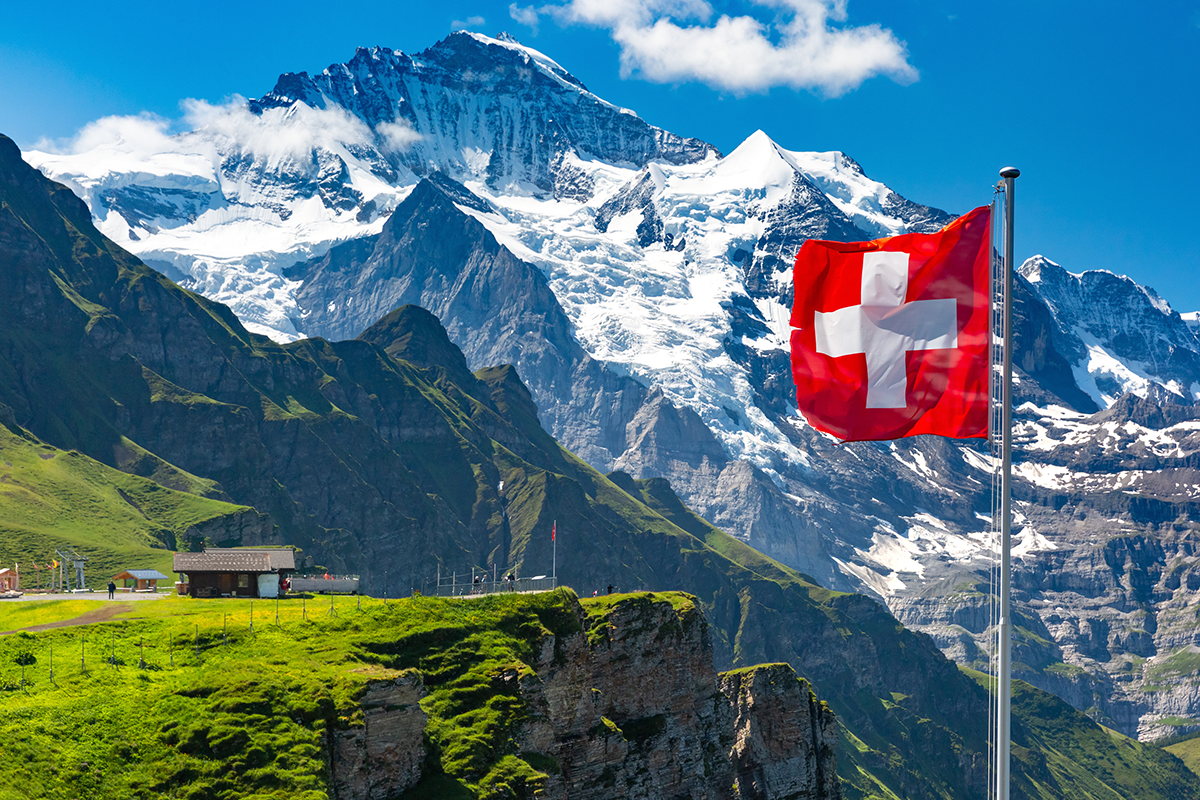
Overview of Switzerland
Switzerland is nestled in Europe’s heart adjacent to Italy, Germany, and France.
It’s fabled for being a noncombatant nation … but it’s also the 18th-most militarized country in the world.
That seeming contradiction is at the heart of what it means to be Swiss.
Switzerland is a tight-knit country with four official languages, a business-minded country with citizens who can’t wait to get outside, and the world’s foremost maker of chocolate and watches – two commodities with nothing in common.
It’s also the home of yodeling, for what it’s worth.
Safety
Switzerland is consistently ranked among the world’s safest countries. GeoSure Global’s city-by-city rankings has Switzerland's major cities – Basel, Bern, Geneva, and Zurich – as 85th-to-90th-percentile safe for everything except theft, and even there its scores are far above average.
Switzerland has also topped Berkshire Hathaway Travel Protection’s list of the world’s safest countries. BHTP doesn’t even bother having travelers rank its cities, because guess what? They’d be on top too.
Finally, the U.S. State Department’s travel safety ratings give Switzerland a level-one (“exercise normal precautions”) rating.
Language
Because Switzerland is adjacent to French-, German-, and Italian-speaking countries, many of its residents speak German, French, and Italian too, in addition to English, which almost everyone speaks.
Some Swiss also speak a language unique to the country – Romansh, which Wikipedia terms “vulgar Latin” and notes has multiple dialects before confessing, “The dialects of Romansh are not always mutually comprehensible.”
Best to stick to English.
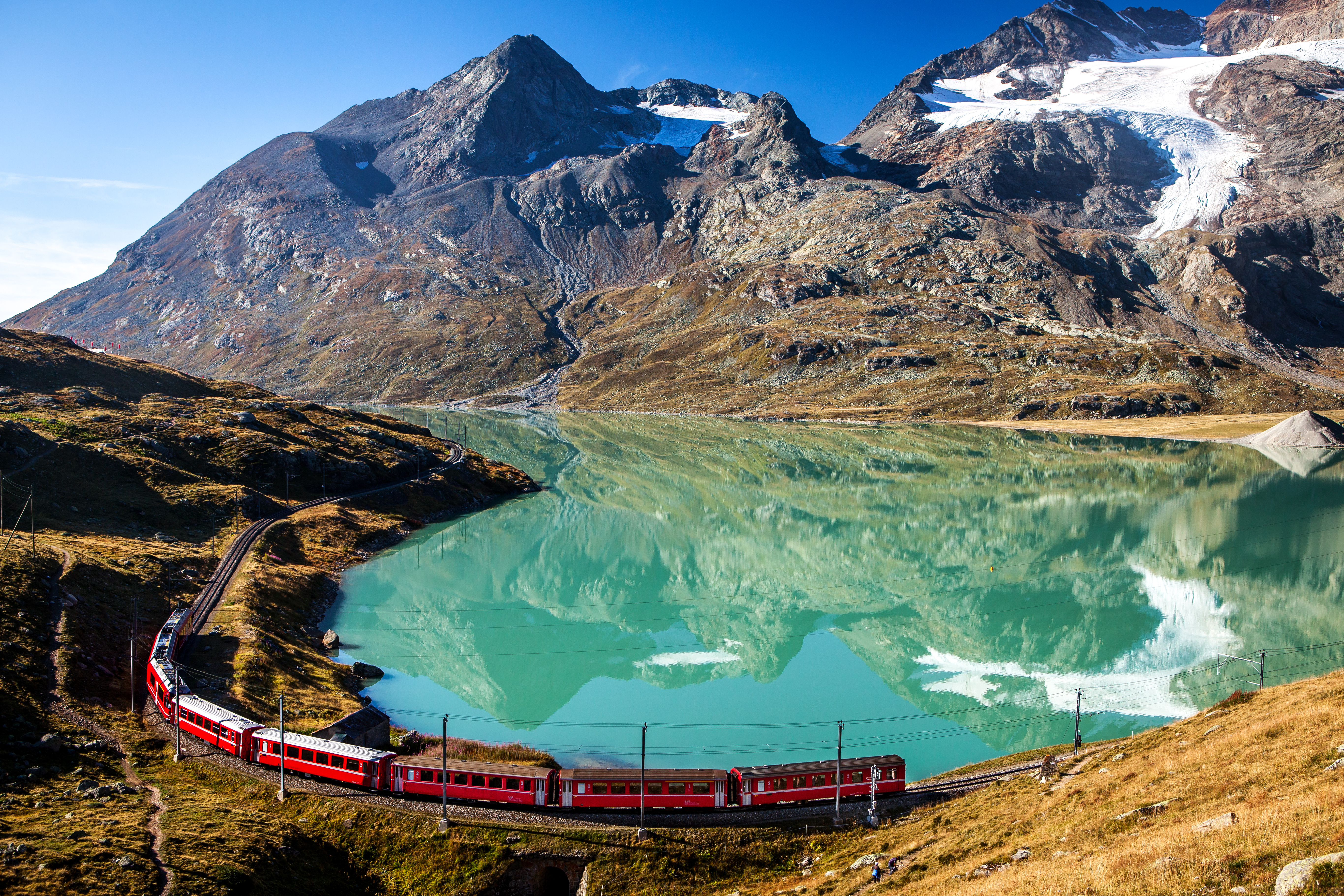
Planning the Best Time to Visit
Switzerland has four distinct seasons, so when you go depends on where you want to go and what you want to do.
For instance, if you want to go on a river cruise, the main season runs April-October, with a few cruises running in early December so tourists can visit the Christmas markets.
Otherwise, here’s a rundown of the Swiss seasons:
- Spring (March-May): The snow melts, flowers bloom and hikers start hiking. Major events include the Morges Tulip Festival.
- Summer (June-August): Whatever you want to do outside – hiking, biking, mountain-climbing, boating, swimming – this is the season to do it. The weather’s pleasantly warm, and the calendar is punctuated by the Montreux International Jazz Festival and Zurich's Street Parade.
- Autumn (September-November): Stunning foliage, wine festivals, harvest fairs, and best of all, fewer tourists.
- Winter (December-February): City time: Hit the Christmas markets in Zurich and Basel, then hit the slopes at world-class resorts like Zermatt, St. Moritz and Verbier.
Planning How You’ll Get There
Obviously there are plenty of flights going to Switzerland, but there’s some red tape you must navigate before you board that plane.
Switzerland is one of the countries in the Schengen Area, an alliance that includes most Central European countries designed to enable visa-free travel among countries for residents.
If you’re going to a Schengen Area country you need to make sure you have an up-to-date passport (that will still be up-to-date when you leave Switzerland) and a return plane ticket.
If you plan on staying in the Schengen Area more than 90 days you have to apply for a special Schengen visa.
The State Department has all the details.
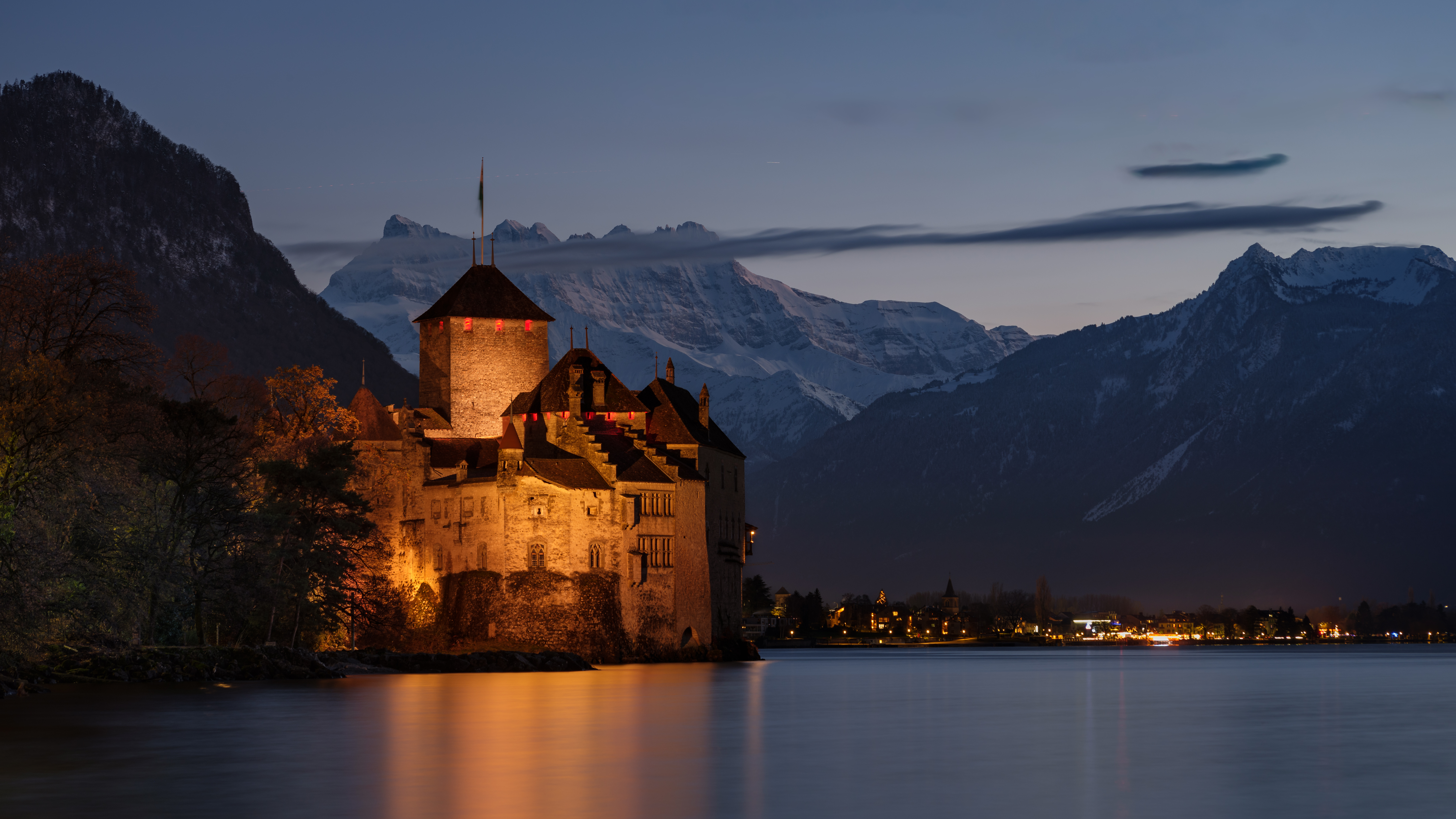
Planning Where You’ll Go and What You’ll Do
If you’re taking a river cruise or tour, your route is circumscribed (though there’s nothing wrong with taking a few days on the back end to explore).
Otherwise Switzerland is your oyster. Regardless of whether you’re a city person or rural character, you need to visit:
- Zurich: Switzerland's largest city. A hub of finance, culture and nightlife. Visit the Old Town, shop on the Bahnhofstrasse and explore the Swiss National Museum.
- Geneva: A cosmopolitan city with beautiful lakeside promenades, parks, United Nations headquarters galore, and the iconic Jet d'Eau fountain.
- Lucerne: A charming city that combines medieval architecture with stunning mountain views and crystal-clear Lake Lucerne. Don't miss the Chapel Bridge, the Lion Monument, and a boat trip on the lake.
- Interlaken: The adventure capital of Switzerland, located between Lake Thun and Lake Brienz. Interlaken is the gateway to the Jungfrau, where you can paraglide, ski and hike.
Besides doing the cities, you can make like a true Swiss and explore the countryside. The Swiss love the outdoors.
Among the activities to try are:
- Hiking: Switzerland is a hiker's paradise, with more than 65,000 kilometers of marked trails, including many accessible trails. Popular hikes include the Eiger Trail, the Five Lakes Walk, and the Via Alpina.
- Skiing and Snowboarding: The Swiss Alps offer some of the world’s best skiing at some of the world’s highest prices (though have you skied out west lately?). Zermatt, Davos, and Verbier cater to all skill levels and offer lessons and equipment rentals.
- Water Sports: Switzerland’s lakes are headlined by Lake Geneva and Lake Lucerne, but don’t sleep on the Zugersee, the Bodensee and the Hallweilersee. Wherever you go, boating, kayaking, and SUPping – stand-up paddleboarding – are popular activities.
With any major outdoor activity in Switzerland, it’s best to check weather conditions before heading out. Wear appropriate gear (layers are recommended), pack a first-aid kit and extra food, and stay on marked paths.
Planning Where You’ll Stay
We mentioned at the top that Switzerland is one of the world’s most expensive countries. It is, but there are ways to cut your costs – starting with lodging.
Switzerland offers a plethora of lodging options, from hostels to room rentals to small family-run inns to modest hotels and chains to five-star palaces.
Splurging is fun, but where are you going to be the most comfortable? Often it’s the modest hotel, Airbnb or family-run guesthouse.
Sometimes it might even be a hostel.
Hostels – And Places To Stay With Kids
If you’re a veteran traveler who toured Europe after college and before the release of Frampton Comes Alive, you may have a jaundiced view of hostels.
In reality hostels are clean and fun places to stay for a night or two, though it’s probably best if you intersperse them with some higher-end stays.
If you’re traveling with kids, Switzerland has specific family hotels that must adhere to some stringent and typically Swiss guidelines. For the family it’s hard to go wrong with these – and farm stays.
Working with a travel professional who knows the ins and outs of Swiss accommodations may be your key to finding the perfect lodgings.
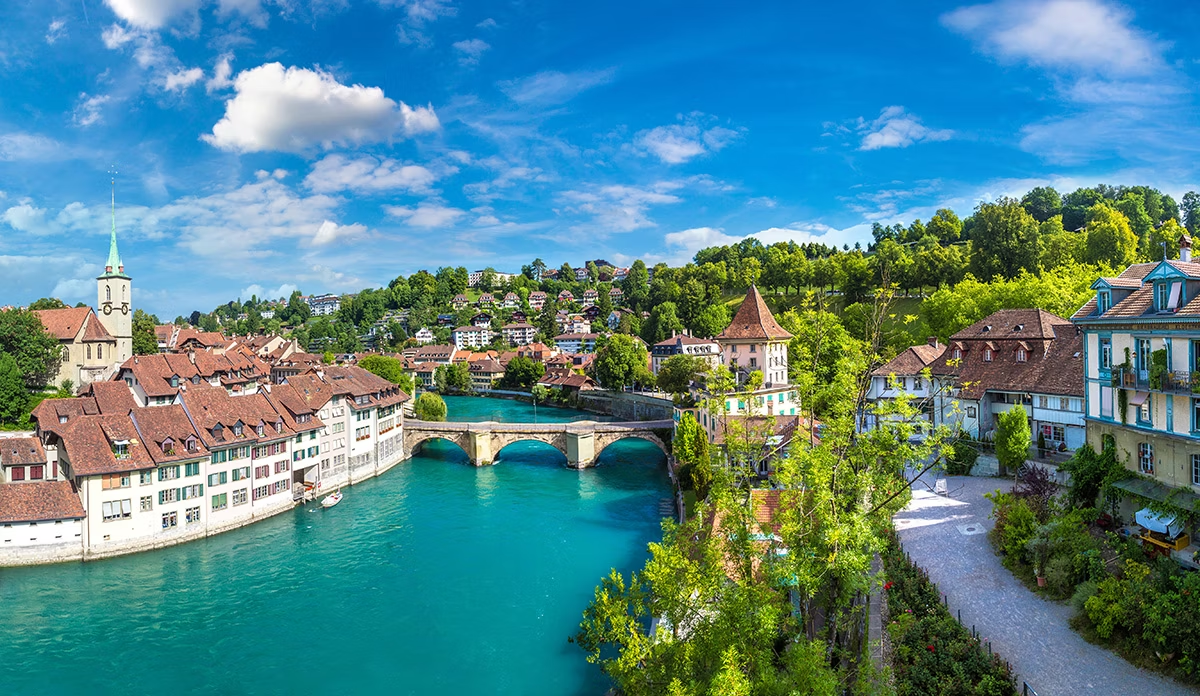
Planning How You’ll Get Around
Switzerland may be relatively small, but it doesn’t lack transportation options. You could fly from city to city, but that’s needlessly extravagant.
Better options for getting around include:
- Trains: The Swiss trains are legendary, whether it’s high-speed intercity rail or slow coaches into the mountains. They’re all punctual and scrupulously clean, and one of the best ways to see the country by far. And more good news: The Eurail Pass works in Switzerland.
- Boats: You wouldn’t imagine boats and Switzerland going together, but there are multiple ways to hit the water in Switzerland, from river cruises to ferries across the Rhine, Lake Geneva and Lake Lucerne.
- Buses: Buses are down with planes as last-resort travel options. They pale in comparison to the romance of the rails or the beauty of the lakes, but they can get you somewhere quickly and cleanly if you need them to.
- Car rentals: All major car-rental companies rent cars in Switzerland. If you drive in Switzerland you don’t need an international driver’s license but you do need a Swiss toll sticker. (Many rental cars already have them.)
- Hiking: Can you hike from one inn to another? You sure can! Hitchhiking isn’t recommended, though it is relatively safe.
Planning Where and What to Eat
Swiss cuisine is a blend of German, French, and Italian influences. Highlights include:
- Swiss chocolates: Swiss chocolate is famous worldwide for some very good reasons – it’s local, it’s fresh and quality control is out of this world. Take a chocolate tour or visit factories like Maison Cailler and Lindt.
- Cheese: Sticking with the dairy theme, Swiss cheeses are similarly world-renowned. Varieties like Gruyère, Emmental, and Appenzeller are best sought out at local markets and small cheese stores.
- Traditional dishes: Hearty fare like fondue (melted cheese), raclette (fried cheese), and rosti (potato pancakes) are perfect for cold days.
- Wine: Swiss wines are renowned for their lightness and flavor. The types of wines vary greatly by region and influence, but with six wine-growing regions growing more than 250 grape varieties there’s sure to be something to tickle your palate.
- Local markets: Markets in Zurich, Geneva, Lausanne, and other cities offer fresh produce, artisanal foods and local delicacies. They’re a delicious, economical way to stretch your travel dollar.
Planning What to Pack
Even in summer the mountains are cold. If you’re heading to altitude pack layers.
Otherwise, pack comfortable shoes, a sweater or sweatshirt and slacks or jeans, rainwear, and plenty of things that can act as layers.
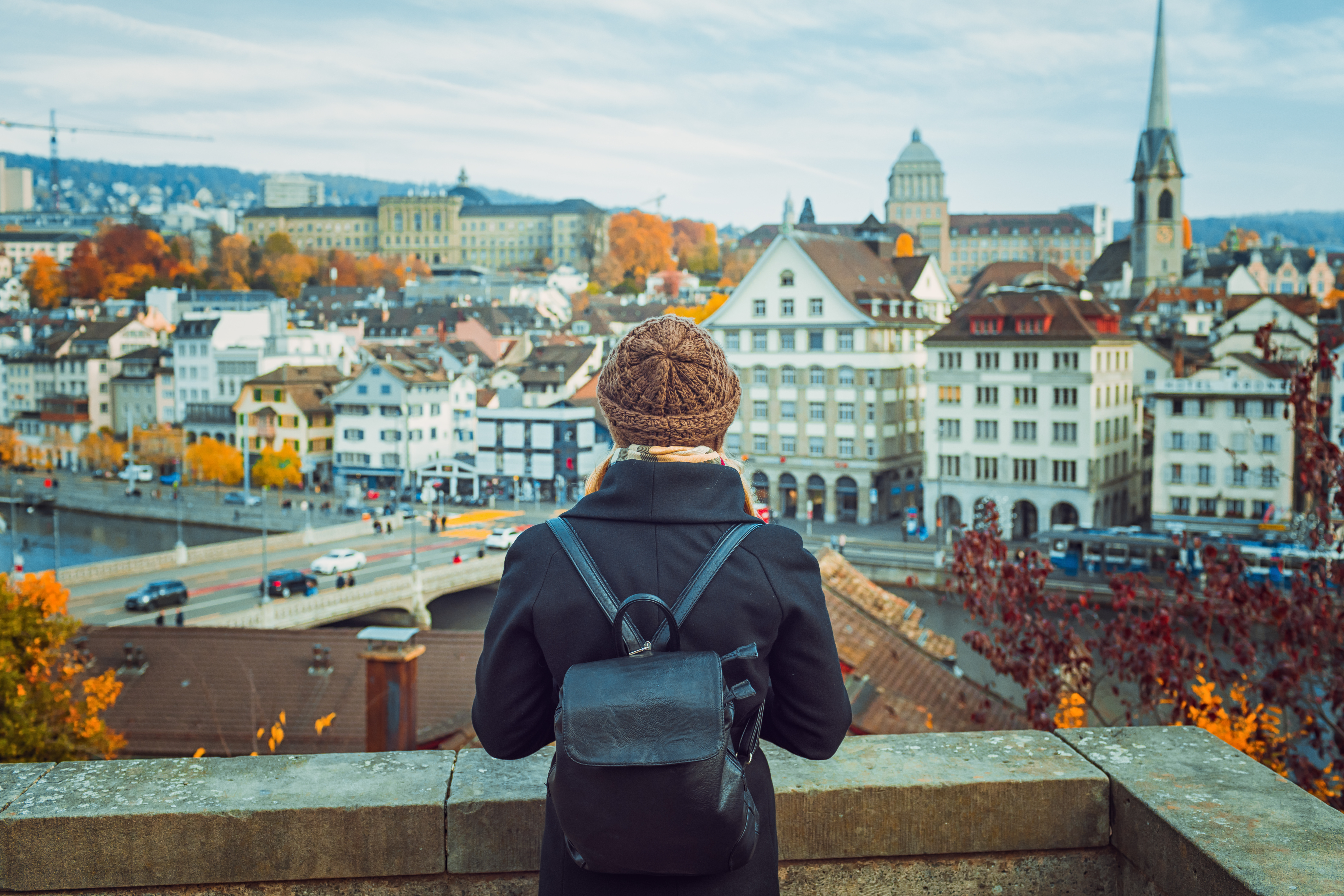
Planning to be Culturally Sensitive
As with any destination, Switzerland has its customs. Since the Swiss are generally reserved, these tend to be on the conservative side.
For instance:
- Greetings: A handshake is standard, though three kisses on the cheek (right-left-right) are common among friends.
- Punctuality: Always be on time for appointments and reservations.
- Tipping: Service charges are included in bills, but it's customary to round up the amount or leave a small tip for good service. Don’t overtip.
- Quiet hours: Many Swiss towns have quiet hours from 10 p.m. to 7 a.m. It’s like being in the dorms but with better chocolate! Be respectful during these times.
Planning for Travel Insurance
No matter your Swiss trip type, Berkshire Hathaway Travel Protection has a plan for you.
- If you’re cruising, WaveCare® has you covered with extra coverage for medical emergencies and ship disablement.
- For mountain hikes and ski trips AdrenalineCare® has extra coverage for sporting gear and equipment.
- For bucket-list trips LuxuryCare® ups the ante with additional coverage for medical emergencies.
- For everything else, ExactCare Extra® offers comprehensive travel insurance with unparalleled flight protection.
Got your transportation, got your passport, got your train tickets, got your chocolate tours lined up – you’re ready for your Switzerland vacation. With good planning, how could it not be anything but great?
Questions About Travel Insurance?
Check out our online guide, "What Is Travel Insurance All About?" We've provided in-depth answers to all your travel insurance questions, starting with the basics.